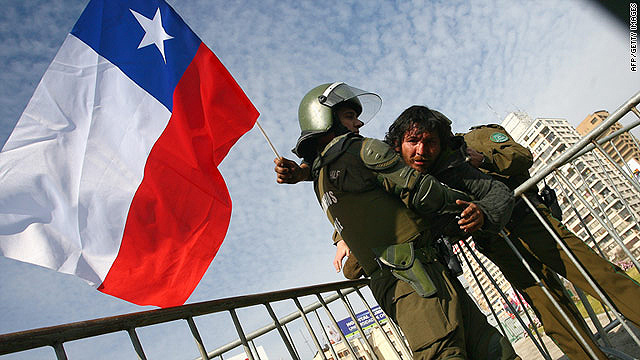by Hibberd Kline
Impunity Watch Reporter, Asia
ISLAMABAD, Pakistan — On August 12, a Pakistani anti-terrorism court sentenced Shahid Zafar, a member of the Sindh branch of the Pakistan Rangers paramilitary force, to death in what many have hailed as an unusual rebuke of Pakistan’s powerful security establishment.

According to attorneys, the speedy trial for the 29 June killing of eighteen-year-old Sarfaraz Shah in Karachi marks the first time that a Pakistani civilian court has sentenced a serving member of the military to death.
The Rangers paramilitary group technically falls under the control of the civilian Ministry of the Interior. However, the Rangers are commonly considered to be a part of the armed forces.
Six other men, including five Rangers and a civilian, were charged with murder and terrorism and sentenced to life in prison. Zafar was fined 200,000 rupees and the other individuals were each fined 100,000 rupees to be paid to the victim’s family.
The shooting was caught on video and was broadcast on Pakistani TV. Against the background of already widespread criticism of the Pakistani military establishment’s failure to detect the American commando raid that killed Osama Bin Laden, the shooting sparked a rare public outcry leading to the replacement of the Sindh police chief and the director-general of the Sindh branch of the Pakistan Rangers paramilitary force.
However, prosecution lawyer, Muhammad Khan Buriro, took care to distinguish the court case from an attack on the military; “I would like to say that it was the personal action of the soldiers involved, and not an act by the Rangers,” Buriro said.
Attorneys for the defense argued that Shah was shot after trying to rob someone and have vowed to appeal the court’s ruling.
Death sentences are rarely carried out in Pakistan.
The televised shooting of an unarmed man has also instigated criticism of Pakistan’s human rights record and of its government for what many see as its failure to reign in security forces.
Human rights groups say that the approximately 10,000 Rangers in Karachi are not sufficiently trained to keep order amongst civilians. Human Rights Watch (HRW) applauded the verdicts. HRW’s Pakistan director went even further to say that he hopes that the verdict will help to address “the impunity with which Pakistan’s trigger-happy security and paramilitary agencies perpetrate abuses.”
However, some believe that the military may be attempting to increase public accountability of its own accord following the US raid on Osama Bin Laden. Last week, a Pakistani naval official announced that three senior naval officers will face courts martial on charges of negligence relating to the US commando raid in May.
For more information, please see:
Arab News – Death sentence for soldier in Karachi killing – 12 August 2011
BBC – Pakistani shooting film paramilitary sentenced to death – 12 August 2011
Guardian – Pakistani Ranger sentenced to death for killing unarmed civilian – 12 August 2011
Reuters – Pakistan court hands death penalty to soldier for civilian killing – 12 August 2011



